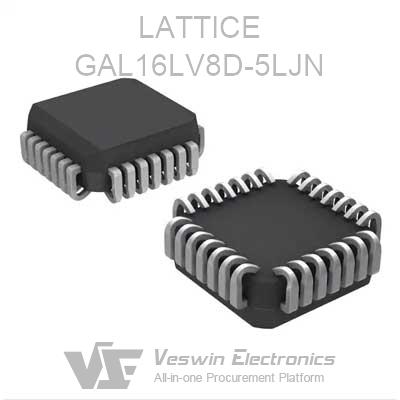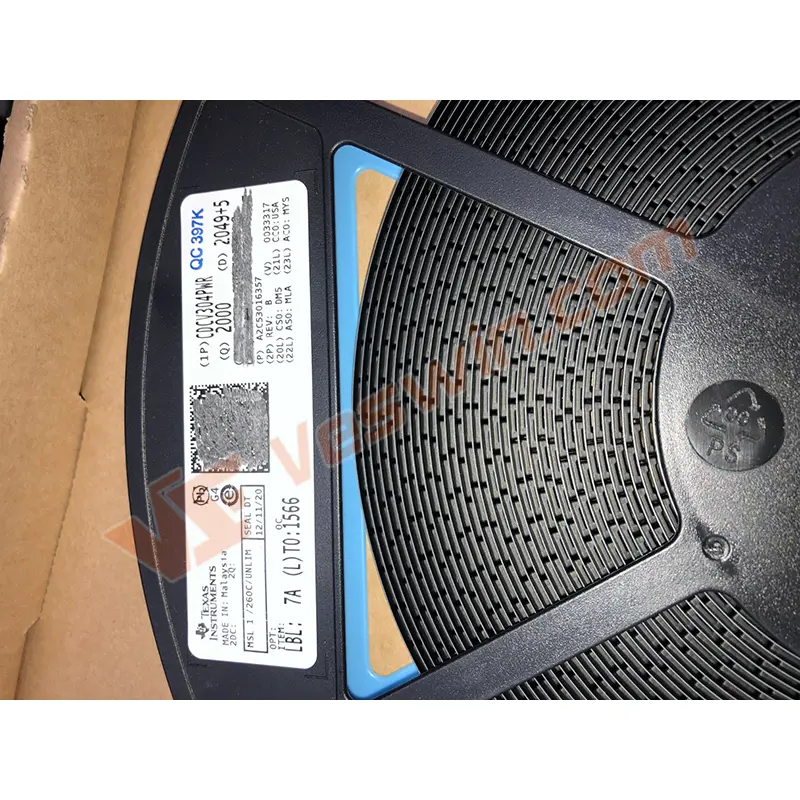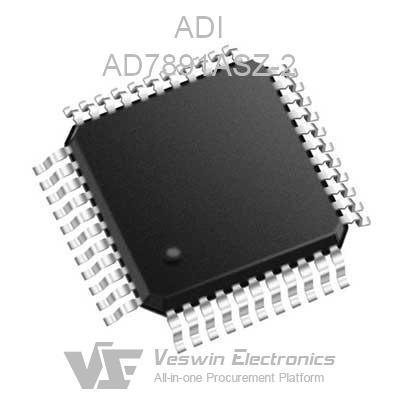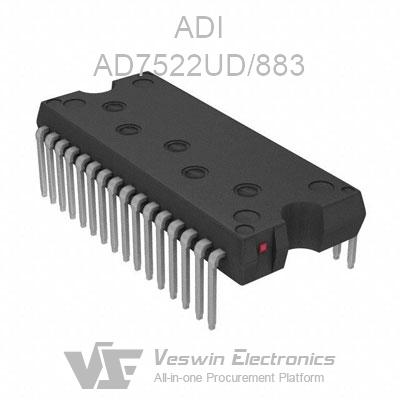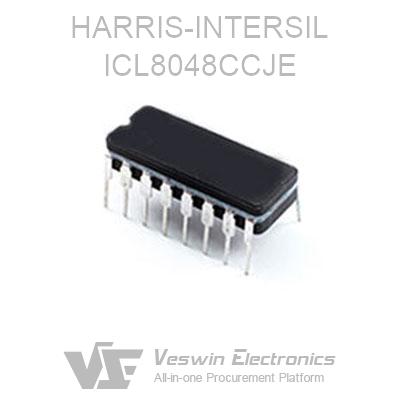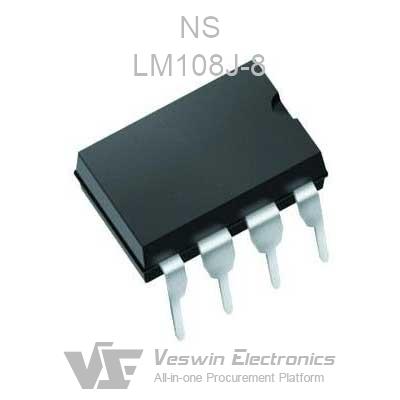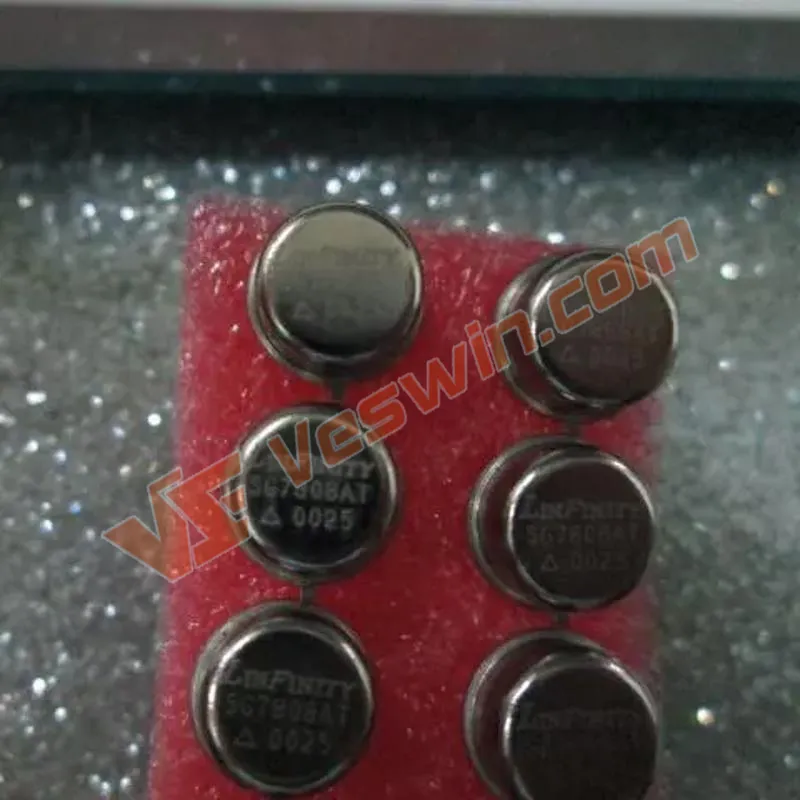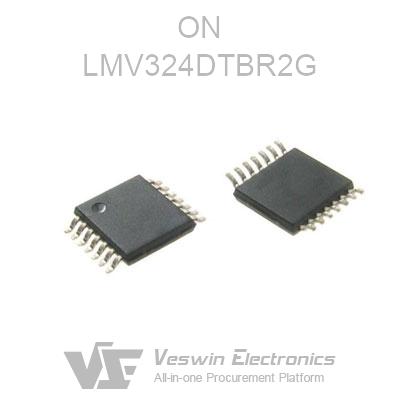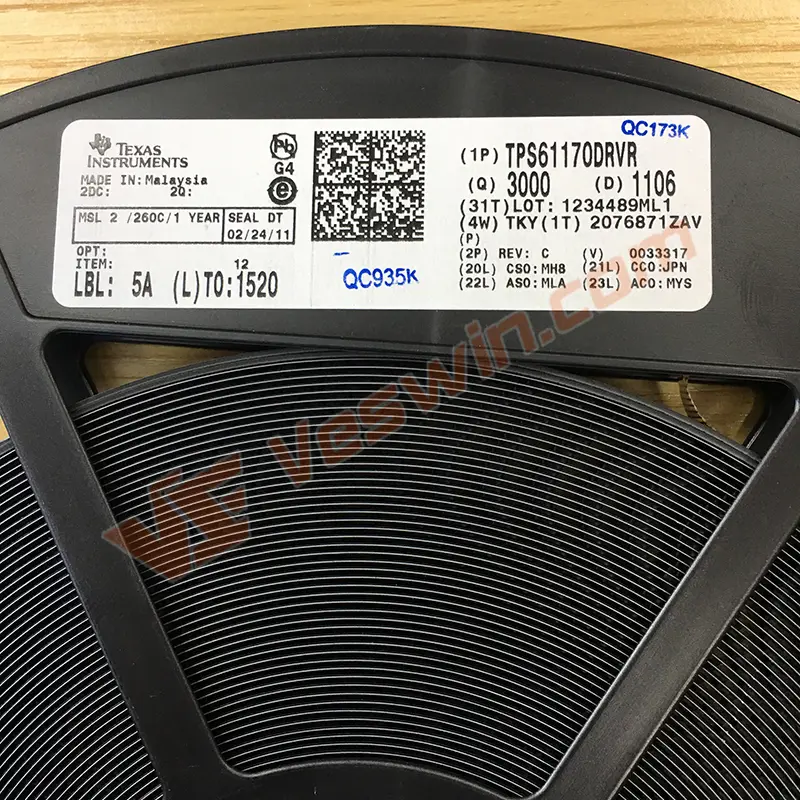A quantum processing unit (QPU) is the "brain" of a quantum computer. It uses the behavior of particles, such as electrons or photons, to perform specific types of calculations much faster than the processors in today's computers.
Today, GPUs and DPUs are not only enabling accelerated computing, they are also helping new chips, QPUs, to enable quantum computing.
When held in the hand, a quantum processing unit (QPU) may look and feel very similar to a graphics or data processing unit (DPU). They are both very typical chips or modules with multiple chips. But once they're running, QPUs explode with power in a very different way.
A quantum processing unit (QPU) is the "brain" of a quantum computer. It uses the behavior of particles, such as electrons or photons, to perform specific types of calculations much faster than the processors in today's computers.
QPUs rely on behaviors such as superposition. The relatively new branch of physics known as quantum mechanics describes superposition as the ability of a single particle to be in multiple states at the same time.
CPUs, GPUs, and DPUs all apply the principles of classical physics to electrical currents, which is why today's systems are called classical computers.
QPUs can advance cryptography, quantum simulation and machine learning and solve tough optimization problems.
CPUs and GPUs compute in bits, using the on/off state of the current to represent 0 or 1. QPUs compute in quantum bits, which represent many different quantum states, and derive unique power from them.
A quantum bit is an abstract concept. Computer scientists use it to represent data that is based on the quantum states of particles in the QPU. Like a hand on a clock, a quantum bit points to a quantum state that is like a point in possibility space.
The performance of a QPU is usually expressed in terms of the number of quantum bits it contains. Researchers are developing additional methods to test and measure the overall performance of QPUs.
Numerous ways to make quantum bits
Companies and academic researchers are using a wide variety of techniques to fabricate quantum bits within QPUs.
The most popular method is currently known as superconducting quantum bits. It is essentially made of one or more tiny metal sandwiches called "Josephson junctions", where electrons pass through an insulating layer between two superconducting materials.
The current state of the art is capable of creating more than 100 such junctions in a single QPU. Quantum computers using this approach isolate electrons by using powerful "refrigerators" that look like high-tech chandeliers to cool them to temperatures near absolute zero.
Some companies use photons instead of electrons to form quantum bits in their quantum processors. These QPUs do not require expensive, power-hungry refrigerators, but they do require complex lasers and beam splitters to manage the photons.
Researchers are using and inventing other methods to create and connect quantum bits within QPUs. For example, some use a simulation process called "quantum annealing," but systems using these QPUs are of limited use.
Quantum computers are still in their early stages, so it is not clear what kind of quantum bits will be widely used in what kind of QPUs.
Theoretically, QPUs may require less power and generate less heat than classical processors, but the quantum computers they are plugged into can be slightly more power hungry and expensive.
This is because quantum systems generally require specialized electronic or optical control subsystems to precisely manipulate the particles, and most quantum systems require vacuum enclosures, electromagnetic shielding or complex refrigerators to create the right environment for the particles.
This is why quantum computers are thought to be located primarily in supercomputing centers and large data centers.
Super cool uses for QPUs
This complex science and technology has researchers excited about the amazing results that QPUs inside quantum computers will bring, especially four promising potential uses.
First, they could take computer security to a whole new level.
Quantum processors can quickly break down huge numbers, which is a core function in cryptography. This means that they can both break today's security protocols and create new, more robust ones.
In addition, quantum processors are ideally suited to simulate quantum mechanics, reflecting how matter works at the atomic level. This could drive huge advances in chemistry and materials science, triggering a domino effect in all fields, from designing lighter aircraft to developing more effective drugs.
Researchers also hope that quantum processors will be able to solve optimization problems that classical computers can't handle in areas such as finance and logistics. Finally, they may even advance machine learning.
Quantum researchers hope that QPUs will come as soon as possible, but for now the technology still faces challenges on multiple fronts.
At the hardware level, QPUs are not yet powerful or reliable enough to solve most real-world jobs. Yet early QPUs and GPUs that emulate QPUs using software such as NVIDIA cuQuantum are starting to show results that help researchers, especially in projects exploring how to build better QPUs and develop quantum algorithms.
Researchers are using prototype systems available through companies such as Amazon, IBM, IonQ, Rigetti, Xanadu and others. Governments around the world are beginning to see the promise of this technology and are therefore making significant investments in hopes of building larger, more ambitious systems.
Software for quantum computing is still in its infancy.
Most quantum computing software looks like the kind of assembly language code that made programmers miserable in early classical computers. So developers must understand the details of the underlying quantum hardware in order to make the programs work properly.
But there are real signs that things are moving in a good direction at this point. The future will see the emergence of a single software environment that can run on any supercomputer - a quantum operating system.
There are several early projects underway. All are working to break through the limitations of current hardware; some projects are hampered by limitations imposed by the companies developing the code.
Some companies, for example, have deep expertise in enterprise computing but lack experience with high-performance environments in which much of the scientific and technical work of quantum computing has to be done. Still other companies lack expertise in AI, which can create synergies with quantum computing.
Introducing Hybrid Quantum Systems
It is widely accepted in the research community that classical and quantum computers will work together for the foreseeable future, so software will also need to be able to run well on QPUs, CPUs and GPUs.
Researchers describe a hybrid classical-quantum computer in a 2017 paper
To advance quantum computing, NVIDIA recently released the NVIDIA Quantum Optimized Device Architecture (QODA), an open platform for programming hybrid quantum systems.
QODA is powerful and easy to use because of its built-in clean, expressive high-level language. Developers can use QODA to write programs that run on QPUs in quantum computers and on GPUs that emulate QPUs in classical systems.
QODA will support every type of quantum computer and QPU.
At the launch, quantum system and software vendors including Pasqal, Xanadu, QC Ware, and Zapata expressed support for QODA, whose users include major supercomputing centers in the U.S. and Europe.
NVIDIA's CUDA software accelerates HPC and AI workloads for scientific, technical and enterprise users, and QODA builds on the extensive expertise of NVIDIA's CUDA software.
QODA is expected to be released in public beta by the end of the year, which will make the future of QPU bright for 2023 and beyond.
Hot News
